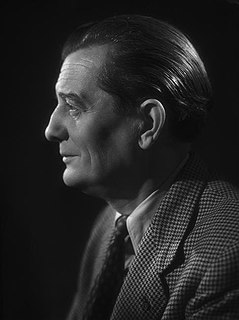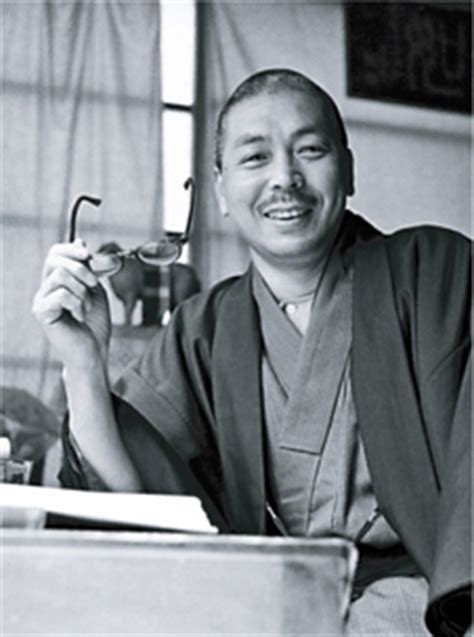A Quote by Edmund White
How thrilling to discover one had depths, how consoling to find them less polluted than the shallows, how encouraging to identify the enemy not as a fissure in the will but as a dead fetus in the specimen jar of the unconscious. My attention was being paternally led away from the excruciating present to the happy, healthy future that would be enabled by an analysis of the sick past, as though the priest had nothing to do but study old books and make bright forecasts, the present not worthy of notice.
Quote Topics
Analysis
Attention
Away
Being
Books
Bright
Consoling
Dead
Depths
Discover
Encouraging
Enemy
Excruciating
Fetus
Find
Forecasts
Future
Had
Happy
Healthy
How
Identify
Jar
Led
Less
Make
Not Worthy
Nothing
Notice
Old
Old Books
Past
Present
Priest
Sick
Specimen
Study
Than
Them
Though
Thrilling
Unconscious
Will
Worthy
Would
Would Be
Related Quotes
We human beings have enormous difficulty in focusing on the present; we always thinking about what we did, about how we could have done it better.... or else we think about the future, about what we're going to do.... But at this precise moment, you also realize that you can change your future by bringing the past into the present. Past and future only exist in our mind. The present moment, though, is outside of time, it's Eternity.... It isn't what you did in the past the will affect the present. It's what you do in the present that will redeem the past and thereby change the future.
Let each of us examine his thoughts; he will find them wholly concerned with the past or the future. We almost never think of the present, and if we do think of it, it is only to see what light is throws on our plans for the future. The present is never our end. The past and the present are our means, the future alone our end. Thus we never actually live, but hope to live, and since we are always planning how to be happy, it is inevitable that we should never be so.
You can make the argument that there's no such thing as the past. Nobody lived in the past. They lived in the present. It is their present, not our present, and they don't know how it's going to come out. They weren't just like we are because they lived in that very different time. You can't understand them if you don't understand how they perceived reality.
Nothing very new. By taking good care of yourselves you are of service to me and my family as well as yourselves, no matter what you do, even if you don't think so at present. But if you neglect yourselves and are unwilling to live, as though following tracks, in accordance with what we now say and have said in the past too, then no matter how much or how seriously you agree with me at present you will accomplish next to nothing.
I can't deceive myself out of the bare stark realization that no matter how enthusiastic you are, no matter how sure that character is fate, nothing is real, past or future, when you are alone in your room with the clock ticking loudly into the false cheerful brilliance of the electric light. And if you have no past or future which, after all, is all that the present is made of, why then you may as well dispose of the empty shell of present and commit suicide.
Man can only be certain about the present moment. But is that quite true either? Can he really know the present? Is he in a position to make any judgment about it? Certainly not. For how can a person with no knowledge of the future understand the meaning of the present? If we do not know what future the present is leading us toward, how can we say whether this present is good or bad, whether it deserves our concurrence, or our suspicion, or our hatred?
It's harder to build than destroy. To build is to engage and change. In jazz, we call progressing harmonies changes. Changes are like obstacles on a speed course. They demand your attention and require you to be present. They are coming...they are here..... and then they are gone. It's how life comes. Each moment is a procession from the future into the past and the sweet spot is always the present. Live in that sweet spot. Be present.
The present moment, though, is outside of time, it’s Eternity. In India they use the word “karma” for lack of any better term. But it’s a concept that’s rarely given a proper explanation. It isn’t what you did in the past that will affect the present. It’s what you do in the present that will redeem the past and thereby change the future.





































